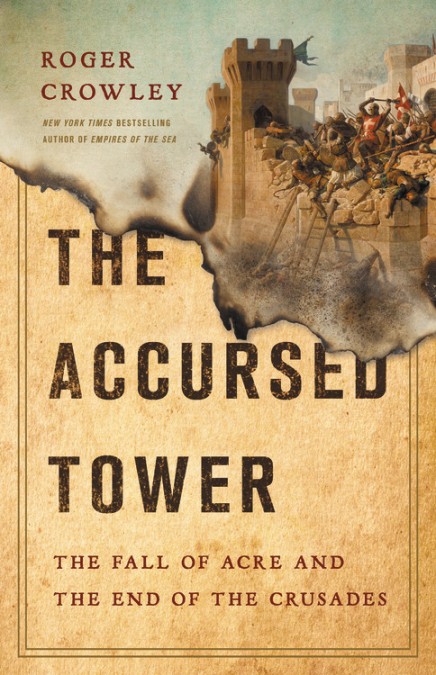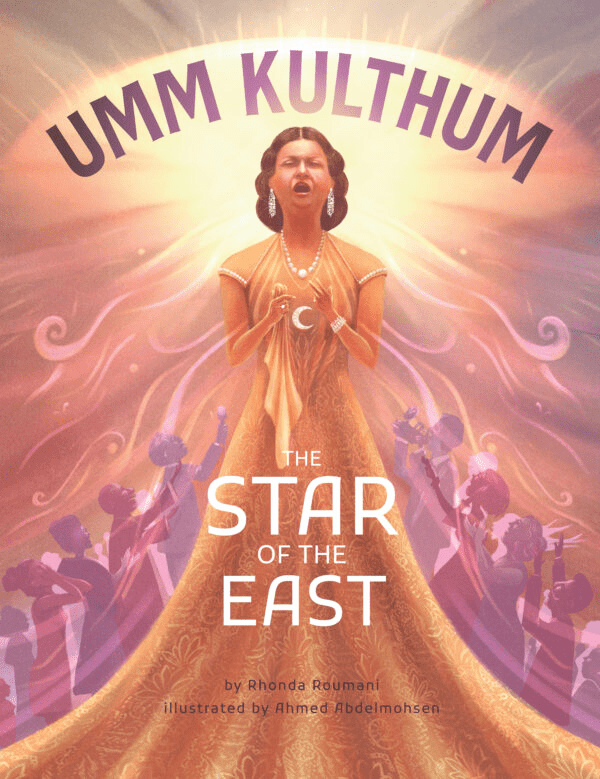
The Accursed Tower: The Fall of Acre and the End of the Crusades
Tom Verde
Roger Crowley
Basic Books, 2019.
“When our men laid siege to the city, this tower was the most strongly defended of all; whence they called it the Accursed Tower.”
Wilbrand van Oldenberg, visitor to Acre, 1211 CE
You may also be interested in...

A Century of African Art, in 300 Voices, All in One Book
From Cairo to Khartoum to Casablanca, this volume traces how African artists have shaped—and reshaped—modern art over the past century.
Children’s Book Documents Rise of Umm Kulthum, Egypt’s Star of the East, As Declaration of National Identity
Illustrator Rhonda Roumani presents an illustrative biography of legendary Egyptian singer and cultural icon Umm Kulthum.